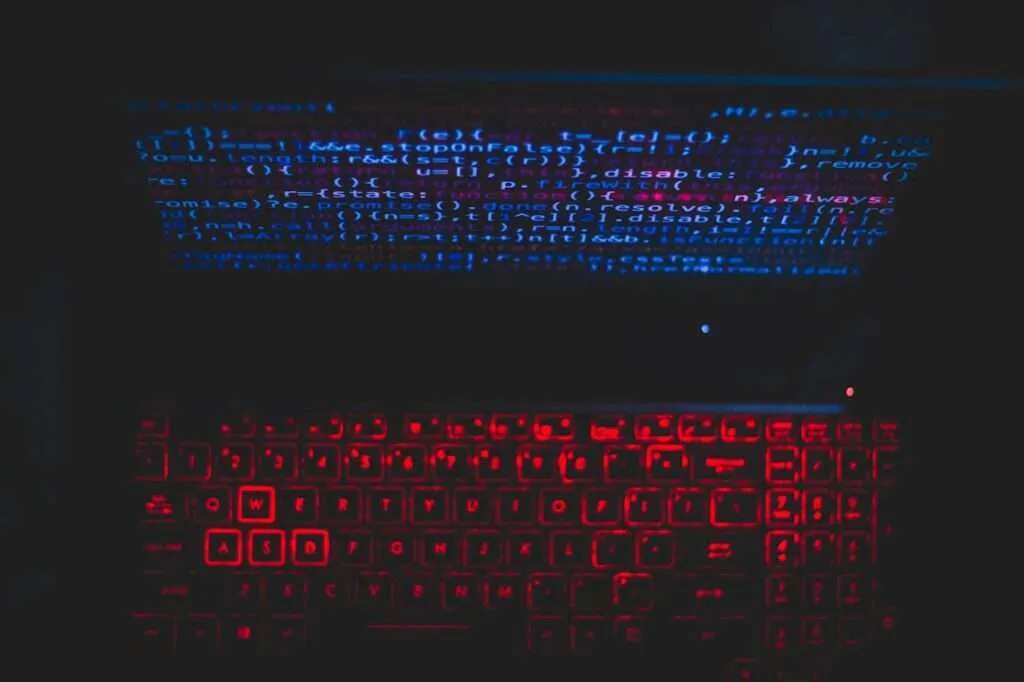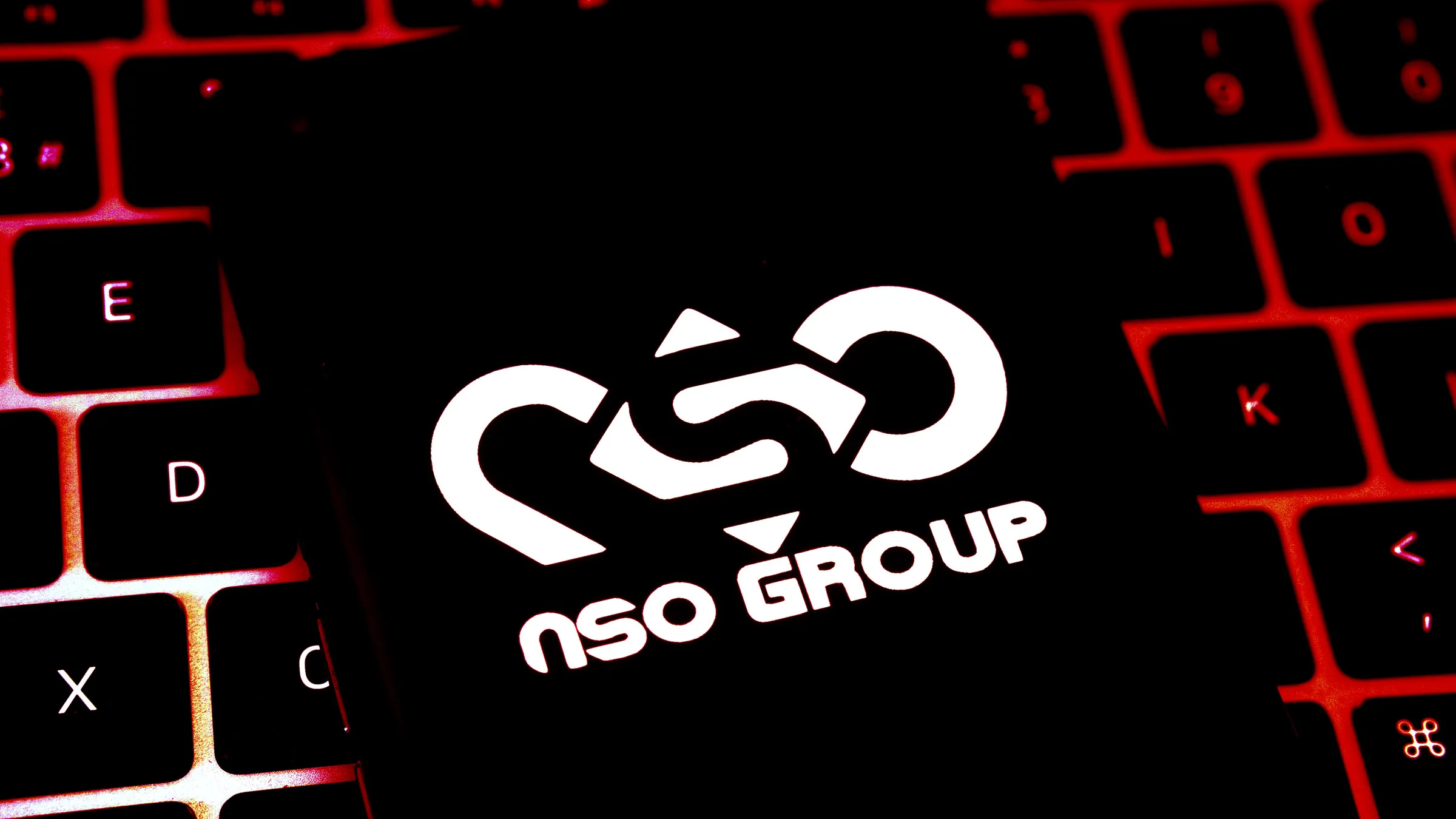In an age where privacy concerns are at the forefront of technology discussions, Pegasus Spyware has emerged as a term that signifies a profound cybersecurity threat. Originating from a sophisticated design, Pegasus Spyware represents one of the most advanced tools for mobile surveillance. But what exactly is Pegasus Spyware, and why has it captured the attention of governments, corporations, and the general public worldwide? This article explores the intricacies of Pegasus Spyware, its workings, global implications, and how you can protect yourself from such a powerful tool.
Understanding Pegasus Spyware
Pegasus Spyware is a highly sophisticated form of surveillance software developed by the Israeli cybersecurity firm NSO Group. Initially marketed as a tool for government agencies to track criminals and terrorists, Pegasus has become synonymous with controversy due to its alleged misuse against journalists, activists, and political figures.
Pegasus Spyware infiltrates devices, typically smartphones, allowing the attacker to extract sensitive information, monitor communications, and even control the device’s microphone and camera. What makes it particularly dangerous is its ability to remain undetected, making it one of the most effective surveillance tools ever created.

Origin and Development of Pegasus Spyware
Who Developed Pegasus Spyware?
Pegasus Spyware was developed by NSO Group, a cybersecurity company based in Israel. The company has stated that Pegasus was designed to help government agencies combat crime and terrorism. However, its powerful capabilities have raised concerns about potential misuse.
When Was Pegasus Spyware First Discovered?
Pegasus first came to light in 2016 when security researchers from Citizen Lab discovered that it had been used to target the iPhone of a human rights activist. Since then, the spyware has been linked to numerous cases of surveillance, often against individuals who were not involved in criminal activities.

How Pegasus Spyware Works
How Does Pegasus Spyware Infiltrate Devices?
Pegasus Spyware is known for its zero-click exploits, which means that it can infect a device without the user clicking on a malicious link or downloading a file. This method makes it incredibly difficult to detect. For example, the spyware can exploit vulnerabilities in messaging apps like WhatsApp or iMessage to gain access to the device without any user interaction.
What Devices Can Be Targeted by Pegasus Spyware?
Both iOS and Android devices are vulnerable to Pegasus Spyware. The spyware takes advantage of software vulnerabilities in these operating systems to infiltrate devices. Once inside, it can access everything from emails and text messages to photos and location data.
How Does Pegasus Spyware Gather Data?
Once Pegasus Spyware has infiltrated a device, it can collect a wide range of data, including call logs, text messages, emails, and even encrypted communications. It can also activate the device’s camera and microphone, turning it into a real-time surveillance tool. This data is then transmitted back to the attacker, often without the user ever realizing their device has been compromised.
Technical Aspects of Pegasus Spyware
Zero-Click Exploits in Pegasus Spyware
One of the most alarming aspects of Pegasus Spyware is its use of zero-click exploits. Unlike traditional malware, which often requires user interaction, zero-click exploits allow Pegasus to infect a device without any action from the user. This is achieved by exploiting vulnerabilities in apps and operating systems, making it incredibly difficult for the average user to detect or prevent an attack.
Communication Protocols Used by Pegasus Spyware
Pegasus Spyware communicates with its operators through encrypted channels, ensuring that the data it collects is securely transmitted back to the attacker. This makes it difficult for cybersecurity professionals to intercept or analyze the data being sent.
Pegasus Spyware Encryption and Obfuscation Techniques
To avoid detection, Pegasus Spyware uses advanced encryption and obfuscation techniques. It can disguise its presence on a device, making it invisible to antivirus software and other security measures. This stealthy nature is one of the reasons why Pegasus has become such a significant threat in the cybersecurity world.

Purpose and Uses of Pegasus Spyware
What Are the Legitimate Uses of Pegasus Spyware?
NSO Group originally designed Pegasus Spyware to assist law enforcement and intelligence agencies in fighting terrorism and organized crime. In this context, the spyware can be an invaluable tool, allowing authorities to track suspects, intercept communications, and gather crucial evidence.
How is Pegasus Spyware Misused?
Unfortunately, reports have surfaced indicating that Pegasus Spyware has been used for purposes far removed from its original intent. Governments and other actors have allegedly used the spyware to surveil journalists, activists, and political opponents. This misuse raises significant ethical and legal concerns, particularly in regions where human rights are already under threat.
Global Impact of Pegasus Spyware
Major Cases Involving Pegasus Spyware
Several high-profile cases have brought Pegasus Spyware into the global spotlight. For example, in 2021, it was revealed that the spyware had been used to target over 50,000 phone numbers, including those of journalists, activists, and even heads of state. This revelation led to widespread condemnation and calls for greater regulation of surveillance technology. You can read more about these incidents in reports from Amnesty International.
Countries Involved with Pegasus Spyware
Countries across the globe have been implicated in using Pegasus Spyware. While some nations justify its use as necessary for national security, others face accusations of using it to suppress dissent. The widespread nature of Pegasus’s deployment highlights the complex intersection of technology, power, and privacy in the modern world.

Legal and Ethical Concerns
Is Pegasus Spyware Legal?
The legality of Pegasus Spyware varies depending on the jurisdiction and how it is used. While it may be legal for government agencies to use the spyware within certain parameters, its use against civilians without due process violates both national and international laws. This gray area has led to numerous legal challenges and calls for stricter regulations.
Ethical Issues Surrounding Pegasus Spyware
The ethical implications of Pegasus Spyware are profound. The ability to monitor individuals without their knowledge raises questions about privacy, consent, and the potential for abuse. Critics argue that even if used for legitimate purposes, the risk of misuse is too great to justify the deployment of such powerful surveillance tools.
International Responses to Pegasus Spyware
In response to the revelations about Pegasus Spyware, several countries have launched investigations and imposed sanctions on entities linked to its misuse. Amnesty International and other organizations have called for greater oversight and regulation of surveillance technology.
Human Rights and Privacy Issues
How Pegasus Spyware Violates Privacy Rights?
The use of Pegasus Spyware against individuals who are not involved in criminal activities constitutes a severe violation of privacy rights. The spyware’s ability to access personal communications, photos, and even real-time conversations without consent undermines fundamental rights and freedoms.
Surveillance of Journalists and Activists with Pegasus Spyware
One of the most troubling aspects of Pegasus Spyware is its alleged use to monitor journalists and activists. In many cases, these individuals were targeted due to their work in exposing corruption or advocating for human rights. The chilling effect this has on free speech and activism is a significant concern for civil society worldwide.
Detection and Prevention
How to Detect Pegasus Spyware on Devices?
Detecting Pegasus Spyware on a device is challenging due to its advanced obfuscation techniques. However, some security tools can help identify potential infections. Regularly updating your device’s software, using antivirus programs, and monitoring unusual behavior on your phone can help reduce the risk of infection. Tools like Lookout offer mobile security apps that can provide some protection against such threats.
Can Pegasus Spyware Be Removed?
Removing Pegasus Spyware is not easy, but it is possible. A factory reset of the device may eliminate the spyware, although this is not guaranteed. In some cases, the best solution may be to replace the device entirely. Consulting with cybersecurity professionals is recommended if you suspect your device has been infected.
Preventing Pegasus Spyware Infections
To protect yourself from Pegasus Spyware, it is essential to practice good cybersecurity hygiene. This includes keeping your device’s software up to date, avoiding suspicious links and downloads, and using strong, unique passwords. Additionally, enabling two-factor authentication can add an extra layer of security.
Tools and Solutions Against Pegasus Spyware
Security Tools to Combat Pegasus Spyware
Several cybersecurity companies have developed tools specifically designed to detect and remove Pegasus Spyware. For example, Lookout and ZecOps offer mobile security apps and specialized forensic tools that can analyze a device for signs of infection.
Role of Cybersecurity Firms in Countering Pegasus Spyware
Cybersecurity firms play a crucial role in identifying and mitigating the threat posed by Pegasus Spyware. By researching the spyware’s vulnerabilities and developing countermeasures, these companies help protect individuals and organizations from unauthorized surveillance.
Government and Corporate Responses
How Governments are Responding to Pegasus Spyware Threats?
Governments worldwide have responded to the Pegasus Spyware revelations with varying degrees of urgency. Some have launched investigations, while others have called for stricter regulations on surveillance technology. However, the complexity of the issue means that responses have been inconsistent, and the threat remains pervasive.
Corporate Responses to Pegasus Spyware
Tech companies like Apple and Google have also taken steps to address the threat of Pegasus Spyware. These companies regularly release security patches to close vulnerabilities that the spyware exploits. Additionally, some have provided resources and support to users who believe they may have been targeted.
Impact on Technology and Security
How Pegasus Spyware is Changing Cybersecurity?
Pegasus Spyware has forced the cybersecurity industry to evolve rapidly. The spyware’s advanced capabilities have highlighted the need for more robust security measures and greater collaboration between tech companies, governments, and cybersecurity experts.
Technological Advancements in Response to Pegasus Spyware
In response to the threat posed by Pegasus Spyware, there have been significant advancements in encryption, secure communications, and mobile device security. These innovations are helping to protect users from sophisticated surveillance tools and ensure that privacy remains a priority in the digital age.
Public Awareness and Media Coverage
Media’s Role in Exposing Pegasus Spyware
The media has played a critical role in bringing the issue of Pegasus Spyware to the public’s attention. Investigative journalism has uncovered many of the most significant cases of misuse, prompting public outcry and calls for accountability. The Guardian has provided extensive coverage on this issue.
Public Reactions to Pegasus Spyware Revelations
Public reaction to the Pegasus Spyware revelations has been overwhelmingly negative. Concerns about privacy, government overreach, and the potential for abuse have led to widespread calls for greater transparency and regulation of surveillance technologies.
Controversies and Scandals
High-Profile Pegasus Spyware Scandals
Several high-profile scandals involving Pegasus Spyware have made headlines in recent years. These cases often involve prominent individuals, including politicians, journalists, and human rights activists, who were targeted for surveillance.
Legal Battles and Investigations Involving Pegasus Spyware
In the wake of these scandals, numerous legal battles and investigations have been launched against those responsible for deploying Pegasus Spyware. These cases highlight the ongoing struggle to balance security needs with the protection of individual rights.
Future of Pegasus Spyware
Will Pegasus Spyware Continue to Be Used?
Despite the controversies surrounding Pegasus Spyware, it is likely that similar surveillance tools will continue to be used in the future. As technology advances, so too will the methods used to conduct surveillance, making it crucial for governments, corporations, and individuals to remain vigilant.
Evolving Threats: What’s Next After Pegasus Spyware?
As cybersecurity experts work to counter the threat of Pegasus Spyware, new forms of surveillance technology are likely to emerge. Staying ahead of these evolving threats will require constant innovation and collaboration across the tech industry.
Conclusion
The rise of Pegasus Spyware underscores the complex and often contentious relationship between technology, security, and privacy. While it was designed as a tool to combat crime and terrorism, its misuse has raised significant ethical and legal concerns. Understanding Pegasus Spyware, its capabilities, and the steps you can take to protect yourself is crucial in an increasingly digital world. As surveillance technology continues to evolve, so too must our efforts to safeguard our personal information and freedoms.
FAQs
What is Pegasus Spyware?
Pegasus Spyware is an advanced surveillance tool developed by NSO Group, capable of infiltrating smartphones to monitor communications and extract sensitive data.
Who is behind the creation of Pegasus Spyware?
Pegasus Spyware was created by the Israeli cybersecurity company NSO Group.
Can Pegasus Spyware be detected?
Detecting Pegasus Spyware is difficult due to its advanced obfuscation techniques, but some security tools like Lookout can help identify potential infections.
How can individuals protect themselves from Pegasus Spyware?
To protect yourself, keep your device’s software updated, use antivirus programs, avoid suspicious links, and enable two-factor authentication.
Is Pegasus Spyware still a threat today?
Yes, Pegasus Spyware remains a significant threat, especially to individuals in sensitive positions, such as journalists and activists.
What has been done to hold those using Pegasus Spyware accountable?
Several legal battles and investigations have been launched against entities responsible for deploying Pegasus Spyware, with ongoing efforts to regulate its use.



Your article helped me a lot, is there any more related content? Thanks!